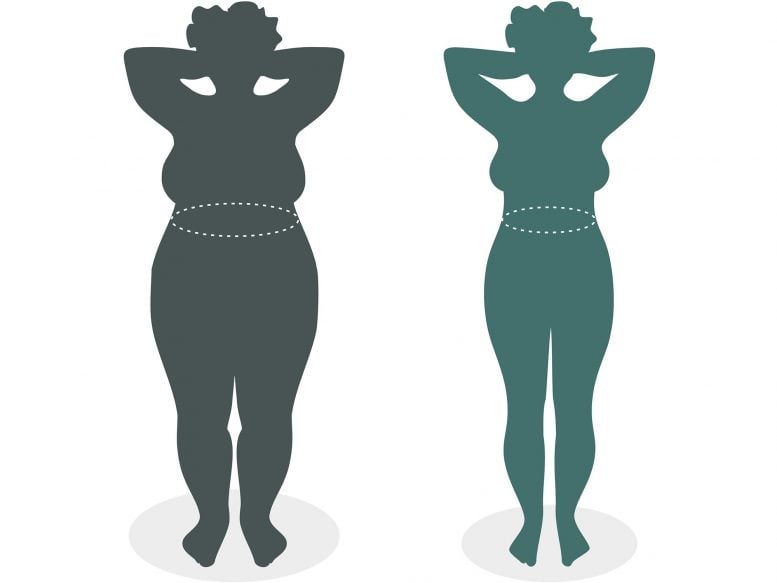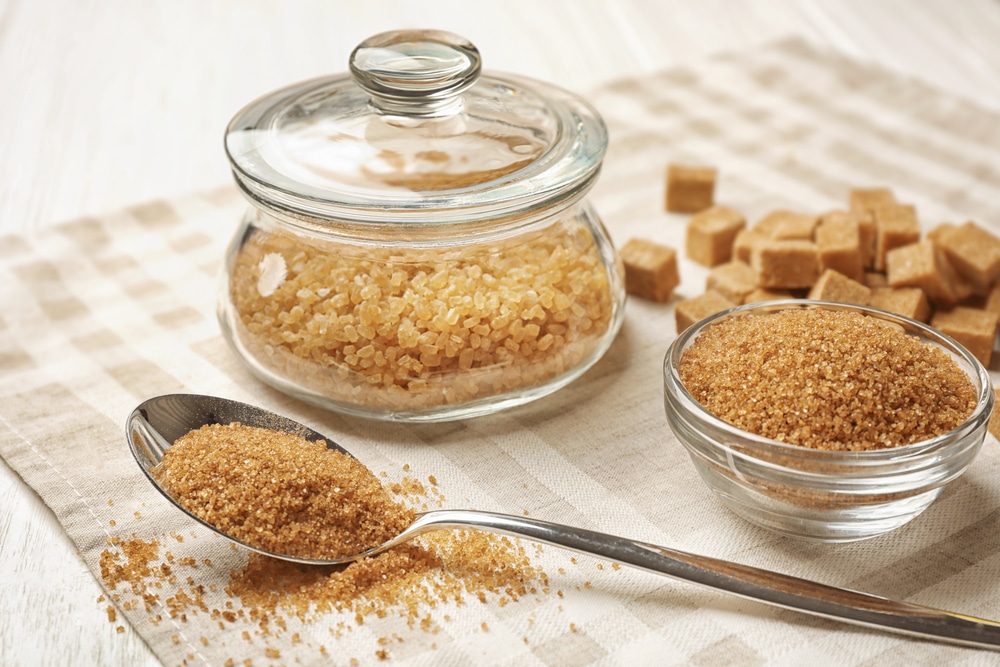
Consistent with the researchers, following a vegan weight loss program improves your weight loss program high quality resulting in weight reduction.
Researchers in finding that a vegan weight loss program excessive in legumes is helping folks drop pounds.
Consistent with fresh analysis from the Physicians Committee for Accountable Medication that used to be revealed within the Magazine of the Academy of Diet and Dietetics, a vegan weight loss program complements weight loss program high quality, which ends up in decrease weight and enhanced insulin sensitivity. Greater intake of legumes and lowered consumption of meat, fish, and poultry had been the 2 elements maximum strongly associated with weight reduction.
“Our analysis displays that one of the best ways to fortify the standard of your well being is to fortify the standard of the meals you consume,” says Hana Kahleova, MD, Ph.D., director of scientific analysis on the Physicians Committee and a find out about co-author. “That implies heading off animal merchandise and consuming a vegan weight loss program wealthy in end result, greens, grains, and beans.”
244 obese individuals who participated within the 16-week trial had been cut up into two teams at random: those that made no nutritional adjustments and those that adopted a low-fat vegan weight loss program consisting of greens, grains, legumes, and end result with out calorie barriers. Weight, frame fats mass, insulin sensitivity, and weight loss program high quality had been all monitored by way of researchers. 219 individuals who completed the entire find out about and despatched of their ultimate weight loss program information had been incorporated within the ultimate knowledge research.
Members at the vegan weight loss program misplaced a mean of 13 kilos and 9.1 kilos of fats mass. Frame weight and fats mass didn’t lower within the staff that made no weight loss program adjustments. Within the vegan staff, will increase in fruit, legume, meat selection, and full grain consumption and reduces in animal merchandise, added oils, and animal fat had been related to weight reduction:
- Fruit: Greater consumption of complete fruit used to be related to a lower in frame weight.
- Legumes and Meat Possible choices: Greater legume intake used to be related to reduced weight, fats mass, and visceral adipose tissue. Eating extra meat possible choices, together with tofu, tempeh, and veggie burgers, used to be related to a lower in frame weight.
- Grains: Greater intake of complete grains used to be related to reduced frame weight and fats mass.
- Eggs and Dairy Merchandise: Lowered egg consumption used to be correlated with reduced weight. Lowered high-fat dairy consumption used to be related to reduced weight and fats mass.
- Meat, Fish, and Poultry: Discounts within the blended consumption of overall meat, fish, and poultry had been related to weight reduction and a lower in fats mass.
- Added Fat: Decreases in consumption of added animal fat had been related to decreases in weight and fats mass. Lowered consumption of added oils additionally correlated with decreases in weight and fats mass.
The vegan staff additionally skilled enhancements in insulin sensitivity.
The vegan staff’s weight loss program high quality, measured by way of the Choice Wholesome Consuming Index-2010 (AHEI) ranking, additionally larger by way of 6 issues on moderate by contrast to no important exchange within the staff that didn’t make a weight loss program exchange. The AHEI used to be advanced by way of researchers on the Harvard Faculty of Public Well being to spot nutritional patterns related to a decrease chance of persistent illness. The index is made from meals to consume extra frequently, reminiscent of fruit and veggies, and the ones to consume much less frequently, reminiscent of crimson and processed meat. The upper the AHEI ranking, the decrease the chance for persistent illness.
Reference: “Adjustments in Meals and Nutrient Consumption and Nutrition High quality on a Low-Fats Vegan Nutrition Are Related to Adjustments in Frame Weight, Frame Composition, and Insulin Sensitivity in Obese Adults: A Randomized Scientific Trial” by way of Lelia Crosby, BA, RD, LD, Emilie Rembert, BS, Susan Levin, MS, RD, CSSD, Amber Inexperienced, BS, RD, LD, Zeeshan Ali, Ph.D., Meghan Jardine, MS, MBA, RDN, LD, CDE, Minh Nguyen, MS, RD, Patrick Elliott, BS, Daniel Goldstein, BA, Amber Freeman, Meka Bradshaw, Danielle N. Holtz, Richard Holubkov, Ph.D., Neal D. Barnard, MD and Hana Kahleova, MD, Ph.D., 19 April 2022, Magazine of the Academy of Diet and Dietetics.
DOI: 10.1016/j.jand.2022.04.008







